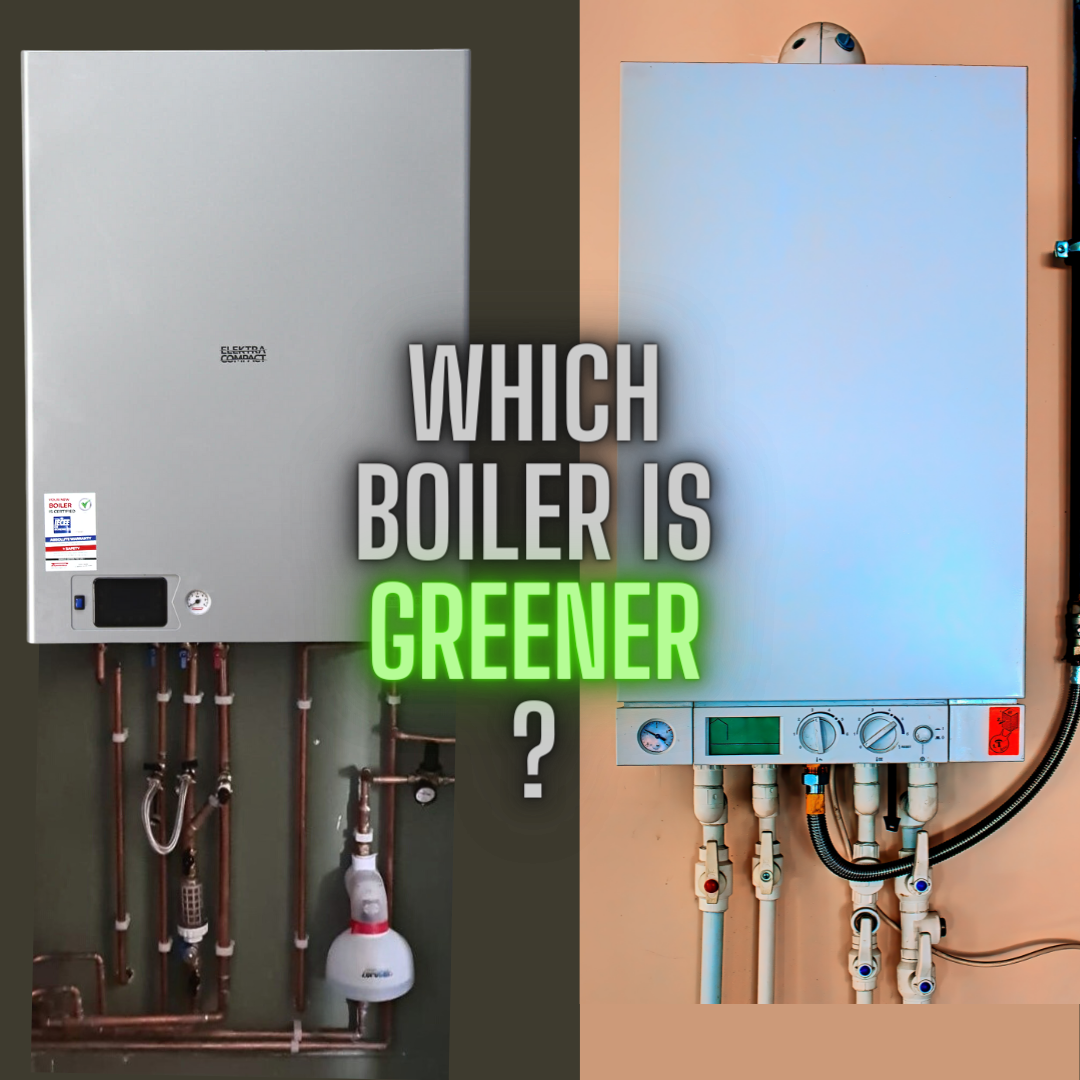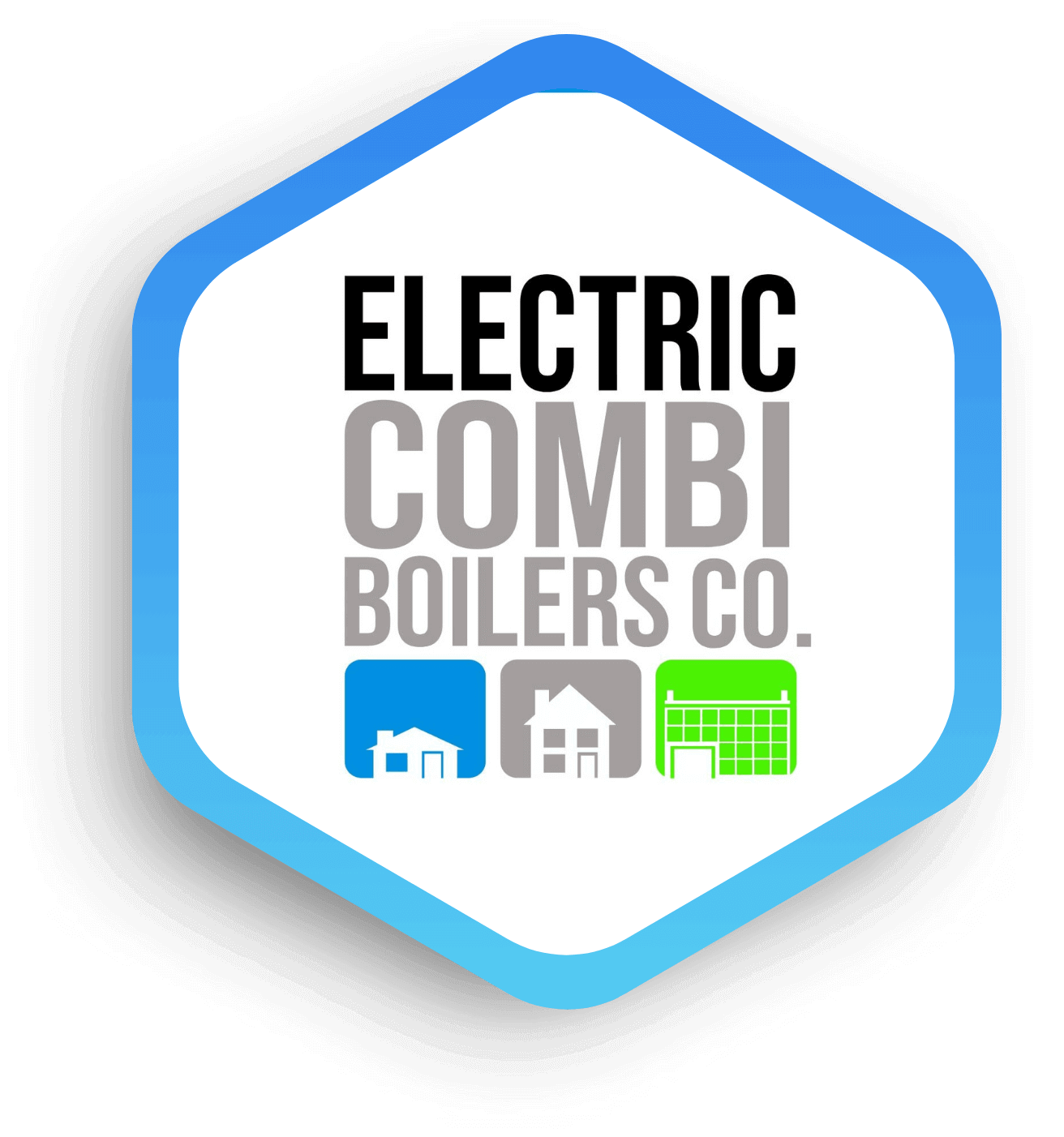Electric boilers have surged in popularity as homeowners and businesses alike search for energy-efficient heating solutions. This blog will dissect the cost-effectiveness of electric boilers, presenting a thorough analysis without any fluff, aiming directly at the heart of what makes these systems both an economically and environmentally sound choice.
Understanding Electric Boilers: A Primer
Electric boilers are a dynamic alternative to traditional gas or oil-fired boilers. They function by heating water through electrical energy, which is then circulated throughout your home or business to provide heating and hot water. This method is known for its clean operation, absence of combustion gases, and straightforward maintenance requirements.
The Initial Investment: Crunching the Numbers
While electric boilers often come with a higher upfront cost compared to their combustion counterparts, this is only part of the story. The installation process is usually less invasive, as there’s no need for gas lines or exhaust flue systems. This simplicity can reduce initial installation costs, effectively saving dollars off the upfront expense.
Running Costs: Efficiency at Its Core
Electric boilers boast nearly 100% efficiency rates because almost all the electricity they consume is turned directly into heat, with minimal loss. In contrast, traditional boilers typically achieve 80-90% efficiency. This stark difference means electric boilers can deliver significant savings over time, especially in areas where electricity costs are favourable.
Operational Savings: Long-Term Benefits
One of the most appealing aspects of electric boilers is their minimal maintenance requirements. Without the complexities of combustion engines, the likelihood of costly repairs and maintenance decreases significantly. Additionally, electric boilers are not subject to the same regulatory inspections as gas boilers, potentially reducing long-term operational costs.
Environmental Impact: A Greener Alternative
Choosing electric boilers contributes to a smaller carbon footprint. When paired with renewable energy sources like solar or wind power, the environmental benefits are even more pronounced, making electric boilers a key player in the pursuit of sustainable energy solutions.
Comparing Alternatives: Electric Boilers in the Market
When evaluating the cost-effectiveness of electric boilers, it’s crucial to compare them with other heating technologies. Heat pumps, for instance, are often touted for their efficiency. However, electric boilers excel in climates where temperatures frequently drop below freezing, a niche that heat pumps struggle to fill efficiently.
Incentives and Rebates: Extra Savings
Various incentives and rebates are available for those opting for more energy-efficient systems like electric boilers. These can dramatically reduce the net cost, enhancing the overall value proposition of electric boilers and making them an even more attractive investment.
Real-World Applications: Case Studies
To solidify the understanding of electric boilers’ cost-effectiveness, let’s look at real-world applications. In residential settings, homeowners report substantial savings on their energy bills, particularly those who have paired their systems with smart thermostats and other energy-saving technologies. Businesses, too, have seen a reduction in operational costs after switching to electric heating solutions.
The Future of Heating: Trends and Predictions
The trend towards electric heating solutions is growing, driven by advancements in technology and increasing environmental awareness. As the grid becomes greener, the case for electric boilers only strengthens, positioning them as a forward-thinking choice for both new builds and retrofits.
Financial Implications: Total Cost of Ownership
To fully appreciate the cost-effectiveness of electric boilers, one must consider the total cost of ownership (TCO). This comprehensive calculation includes the initial purchase price, installation costs, ongoing operating expenses, maintenance fees, and potential savings from energy efficiency and government incentives. By calculating the TCO, homeowners and businesses can make more informed decisions, weighing the upfront costs against the long-term savings.
Price Stability and Energy Dependence
Another critical aspect to consider is the stability of electricity prices compared to gas. While electric rates can fluctuate, they are generally more predictable than gas prices, which can be volatile due to geopolitical tensions and market dynamics. This predictability allows for more accurate budgeting and financial planning when using electric boilers. Moreover, using electric boilers reduces dependence on fossil fuels, aligning with global trends toward energy diversification and sustainability.
Technology and Innovation: Enhancing Electric Boiler Appeal
Technological advancements continue to enhance the appeal of electric boilers. Modern electric boilers are equipped with sophisticated controls and sensors that optimise energy use and adapt to changing conditions. These smart systems can be integrated with home automation technologies, allowing users to control heating remotely and adjust settings based on real-time data, further improving energy efficiency and cost-effectiveness.
The Role of Renewable Energy
The synergy between electric boilers and renewable energy sources cannot be overstated. As more homes and businesses install solar panels or wind turbines, the logic of pairing these renewable systems with electric boilers becomes increasingly compelling. This integration not only reduces reliance on grid-supplied electricity but also maximises the environmental benefits, making electric boilers an integral part of a holistic approach to sustainable living.
Community Impact and Wider Adoption
Adopting electric boilers can also have a positive impact on communities by reducing local air pollution. This is particularly relevant in urban areas, where reducing emissions from heating is crucial for improving air quality. Additionally, as more people adopt electric boilers, economies of scale may reduce costs further, accelerating their uptake and community-wide benefits.
Conclusion: Weighing the Pros and Cons
In conclusion, while the initial cost of electric boilers may be higher, the long-term savings, minimal maintenance, and environmental benefits present a compelling case for their adoption. As we transition to more sustainable energy sources, the role of electric boilers is set to become even more pivotal in the landscape of home heating solutions.
Electric boilers stand out as a testament to modern engineering, offering a blend of efficiency, convenience, and sustainability. Whether you’re building a new home or upgrading your current heating system, the advantages of going electric are clear and compelling, making it a worthwhile consideration for any cost-conscious and environmentally aware consumer.





